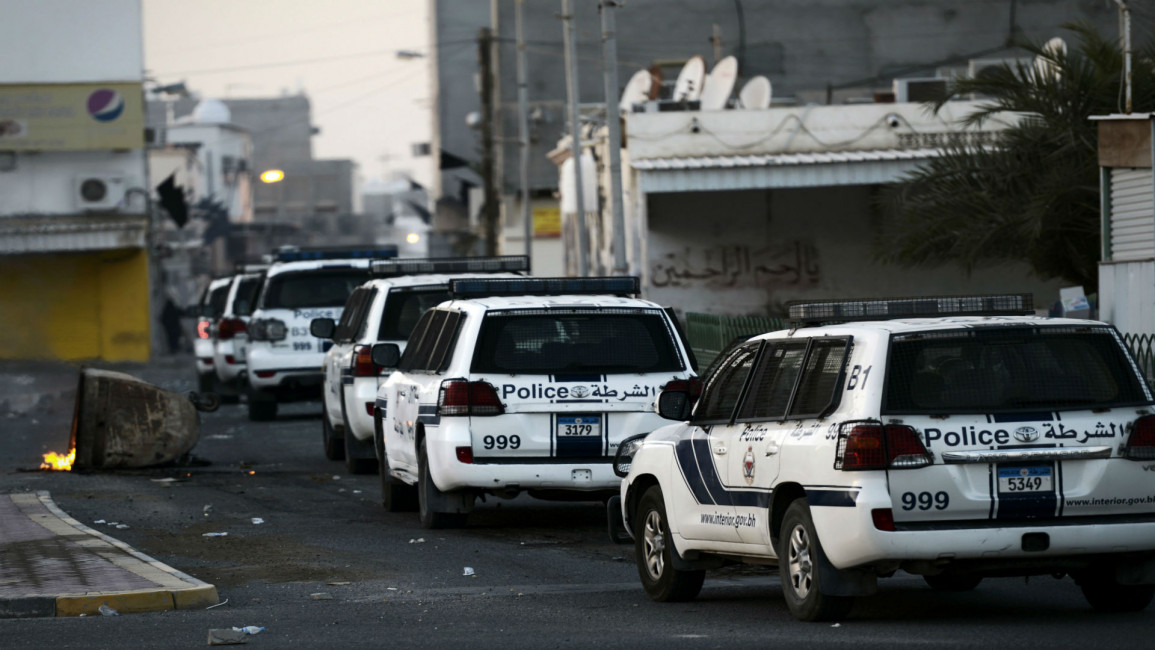Bahraini rights group demands probe into woman's 'contested' death
A Bahraini rights group has called for an impartial investigation into the death of a woman on Thursday, which authorities say was killed by a bombing, after reports emerged contesting the government's account.
Bahraini police said Fakhriya Msallam, 42, was killed and her three children injured after a "terrorist bombing" near the capital Manama.
However, "conflicting narratives regarding the incident" emerged, the Bahrain Center for Human Rights (BCHR) said in a statement.
A number of Bahraini opposition activists have claimed that people who witnessed the incident said the woman had accidentally driven into a royal convoy and was then fired upon by the security services.
"BCHR vehemently advocates for the need to run an impartial, thorough and transparent investigation into the case," read the group's statement.
"The government should not use arbitrary arrests, ill-treatment and torture to drive its investigation, as has been observed in some previous cases. Rights, due process and fair trials should be guaranteed to anyone who is arrested in this case."
"Additionally, the government of Bahrain should not use this case to further clamp down on the civil society in Bahrain," the BCHR added.
Home to the US Navy's Fifth Fleet, Bahrain has been rocked by unrest since security forces crushed Shia-led protests in 2011 demanding a constitutional monarchy and an elected prime minister.
Earlier this month, Bahrain revoked the citizenship of the kingdom's top Shia cleric Isa Qassim, accusing him of sowing sectarian divisions, in the latest move against the kingdom’s majority Shia community. This in turn sparked protests in his home town outside Manama.
The move also drew criticism from the United States, a major ally with military bases in the Gulf state, who said through a spokesman that it was "alarmed" and "deeply troubled" by the decision.



